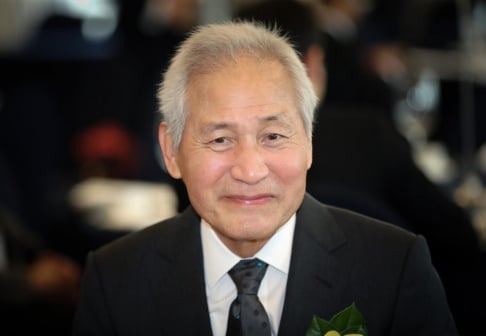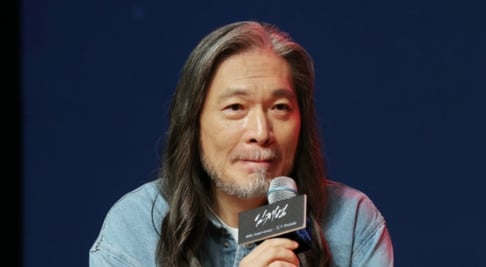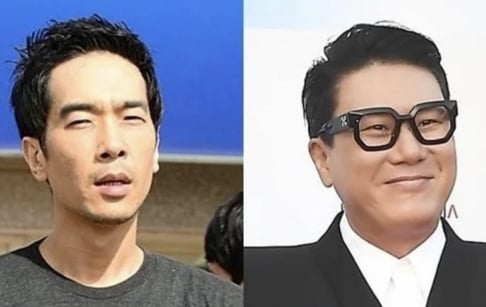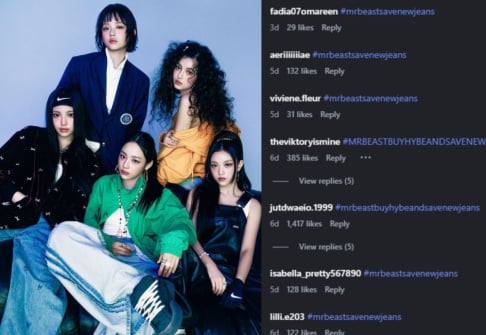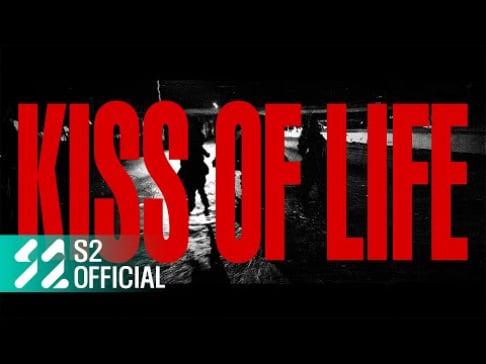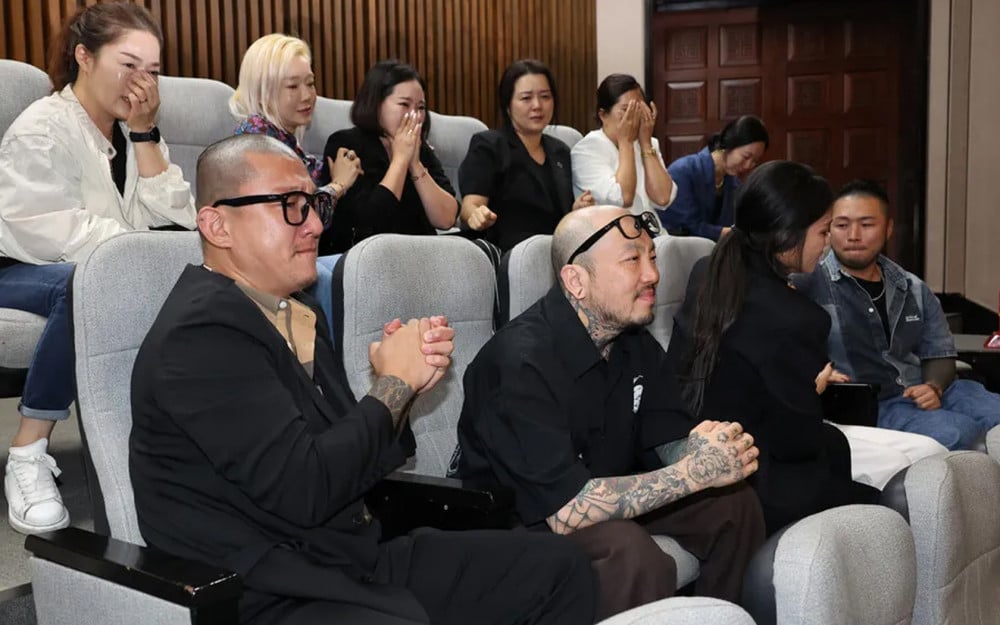
After 33 years, the "Tattooist Act," which permits tattooing by non-medical personnel, has passed the plenary session of the National Assembly.
On September 25, the National Assembly opened a plenary session and passed the Tattooist Act with 195 votes in favor and 7 abstentions out of 202 members present. The act defines both tattoos and permanent makeup as "tattooing acts," and grants the exclusive status of a tattooist to those who pass a national exam and obtain a license, allowing them to perform tattooing.
However, tattooists are prohibited from performing tattoo removal. The act also makes it illegal to tattoo a minor without parental consent and mandates that tattooists receive hygiene and safety management education to protect public health and safety. They are also required to record and store information such as the date of the procedure, the type and amount of dye used, and the tattooed area. The law will take effect two years after its promulgation, and a grace period of up to two years will be granted for temporary registration and license acquisition.
Tattooing by non-medical personnel began to be punished as a violation of the Medical Act following a 1992 Supreme Court ruling that deemed tattooing a "medical act." However, there have been criticisms that the law and reality were at odds, as most tattooing is for cosmetic purposes and the practitioners are rarely medical professionals. According to data from the Korea National Institute of Health, it's estimated that as of 2021, 13 million people have had a tattoo, and over 300,000 people are engaged in the tattoo industry.
Tattooists expressed their joy on this day. The Korea Tattooists' Association stated, "We have finally been reborn as proud professionals," adding, "Now, with legitimate professional pride, we will provide safer and higher-quality services to develop 'K-Tattoo' into the best in the world." Kim Do Yoon, the head of the Tattoo Union chapter of the Korean Federation of Chemical, Textile and Food Workers' Unions, also said, "I feel like I've been born again today [with the passage of the Tattooist Act]," and "Furthermore, our ultimate goal is to be recognized as artists and to protect the value of our profession."
Jeong Eun Kyung, the Minister of Health and Welfare, the ministry in charge, also emphasized, "The law and system have not been able to reflect the reality that tattooing by non-medical personnel has become widespread. The Tattooist Act was enacted after a long period of social discussion and consensus, and it lays the groundwork for the tattoo industry to operate soundly and safely within a systematic framework, protecting the rights of both users and practitioners."
However, the Korean Medical Association (KMA) voiced concerns. The KMA stated, "Even if the Tattooist Act has passed, for the procedure not to be dangerous, the KMA must be in charge of education and management," and "We will present our opinions so that this content is reflected."
 SHARE
SHARE




